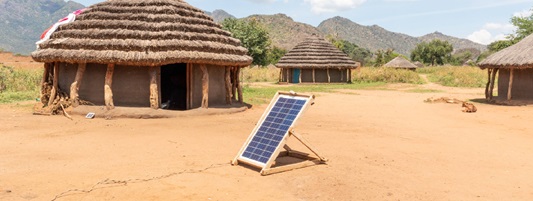Off-grid for Energy Access
About
Access to energy is a central building block of socio-economic development. It empowers people and communities to increase their income and productivity, enhance their access to healthcare, water and education, and improve their overall well-being. Without universal access to modern energy services, achieving the Sustainable Development Goals set for 2030 will be almost impossible.
The good news is that the technology solutions needed to extend electricity access to the over 733 million people already exists. The business case to deploy off-grid renewable energy solutions (stand-alone and mini-grid systems) in rural areas has never been stronger. Costs have fallen dramatically – by more than 80% since 2010 for PV panels, for example, with substantial improvements in technology efficiency and reliability. The modularity of renewable energy technologies mean that they can be rapidly deployed and customised to meet energy demand using locally available resources and capacities.
Dedicated policies and regulations are crucial to facilitate the deployment of off-grid solutions to expand electricity and clean cooking access. IRENA analyses best practices and lessons learnt from diverse country experiences and provides policy advice on the design of tailored policies and regulations to accelerate deployment and maximise benefits for well-being and livelihoods.











